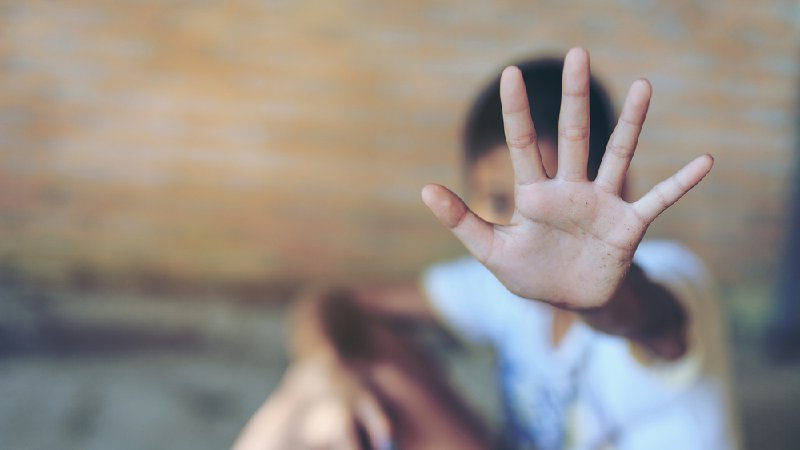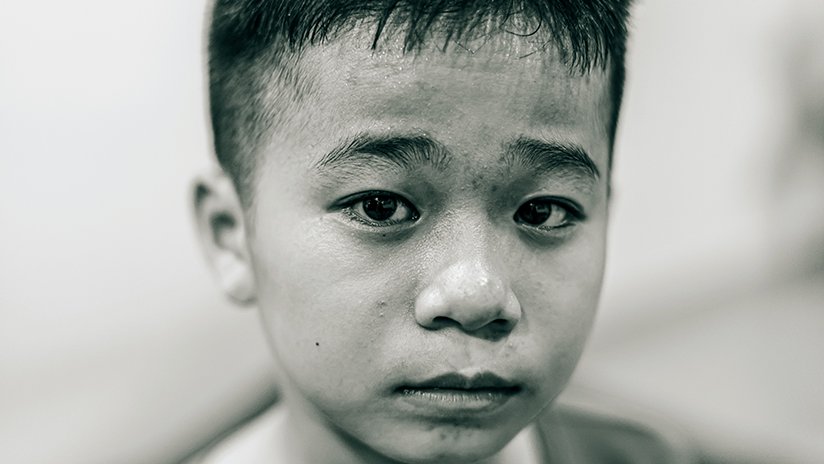
-
HOME
-
WHAT IS STANDOur Mission Our Values Our Help Contact
-
WHAT WE FIGHT FORReligious Freedom Religious Literacy Equality & Human Rights Inclusion & Respect Free Speech Responsible Journalism Corporate Accountability
-
RESOURCESExpert Studies Landmark Decisions White Papers FAQs David Miscavige Religious Freedom Resource Center Freedom of Religion & Human Rights Topic Index Priest-Penitent Privilege Islamophobia
-
HATE MONITORBiased Media Propagandists Hatemongers False Experts Hate Monitor Blog
-
NEWSROOMNews Media Watch Videos Blog
-
TAKE ACTIONCombat Hate & Discrimination Champion Freedom of Religion Demand Accountability
Is Intolerance on the Rise?
The California chapter of the Council on American-Islamic Relations recently reported the results of a survey of 1,500 students between the ages of 11 and 18 in California schools stating that 40 percent of Muslim students responded that they were bullied by other students and sometimes by teachers and other school personnel because of their faith.
The California survey is consistent with a national survey by a group which tracks cyberbullying showing that 31.6 percent of Muslims ages 12-17 claim religion-based cyberbullying while 34.2 percent say they’ve been bullied in school because of their religion. Ranges for other religions surveyed, including Jews, various Christian denominations and Hindus, range between “only” 8 and 21 percent.

The young are not the only victims of intolerance. For example, the FBI’s hate crime index shows an increase over the past four years.
Jews in both the United States and Europe report an increase in anti-Semitism.
Then there have been a slew of high-profile tragedies including the New Zealand mosque attacks, the Easter Sunday bombing of Christian churches in Sri Lanka and several synagogue shootings in the United States and Europe. We seem to be living in a time of increased bigotry and even violence against people who are “different,” whether of the “wrong” religion, skin color, gender or whatever.
Intolerance has been a dark shadow accompanying the human race throughout its history. An important step to ending it is recognizing that it is usually fomented by a relatively small number of people.
Consider, however, that the First Amendment Center of the Freedom Forum Institute, a nonprofit organization which conducted a range of educational activities, recently conduction a survey of its own and concluded that, “support for the First Amendment rights of religious minorities has increased by 25 percent in the past two years. Now results show that 82 percent of those surveyed agree that the freedom to worship extends to all religious groups, even those considered extreme or fringe.”
What I conclude from an admittedly incomplete statistical sample is that incidents of intolerance are increasing not because more people are intolerant but because the anti-social among us are becoming more belligerent and committing more hostile acts. But the good news is that those of us wishing to live in harmony with others despite our differences outnumber those who don’t by about four to one.
How can we use the numbers to our advantage? I recently saw one example at my own local Church of Scientology which presented a four-part series featuring representatives of a wide spectrum of religions having their origins in different parts of the world, each of whom explained what their religion was about and how it interacted with society. What stuck in my mind was the harmony that existed among the different representatives and between the presenters and the audience. All participants and attendees had a strong commitment to respect different faiths. Most important, each of the groups was strongly involved with helping people make better lives for themselves through their faiths and the different programs they sponsored.
Intolerance has been a dark shadow accompanying the human race throughout its history. An important step to ending it is recognizing that it is usually fomented by a relatively small number of people. When the majority communicate with each other and work together—and when people are educated on the value of respecting different viewpoints—we will have come a long way toward rendering the bigots powerless.









